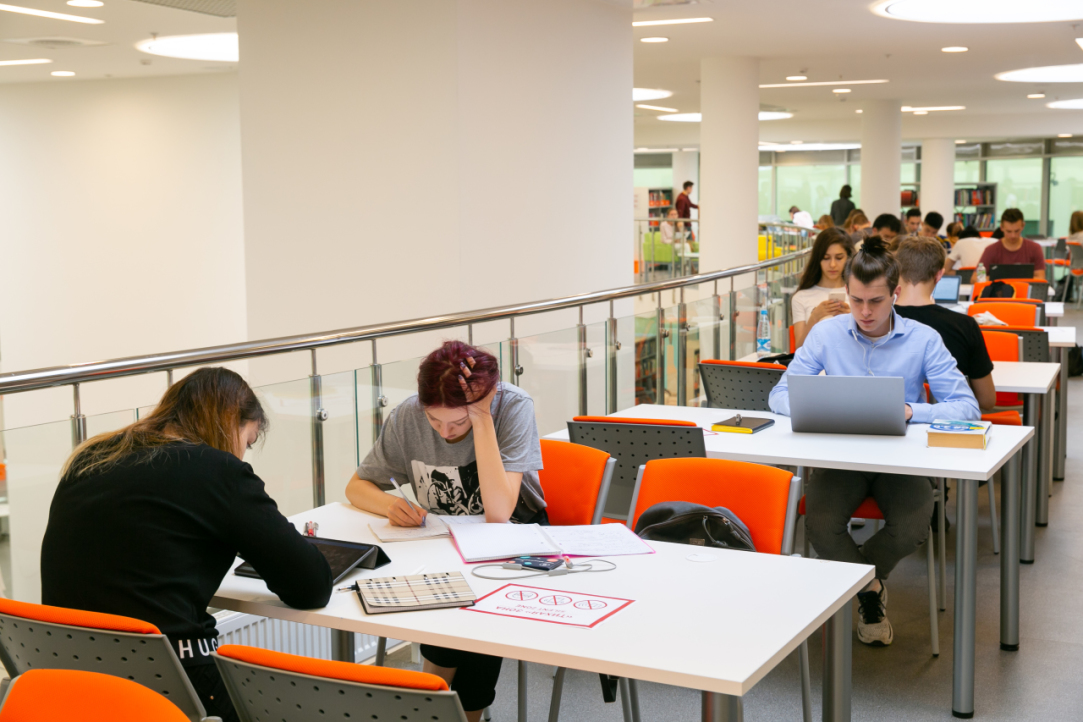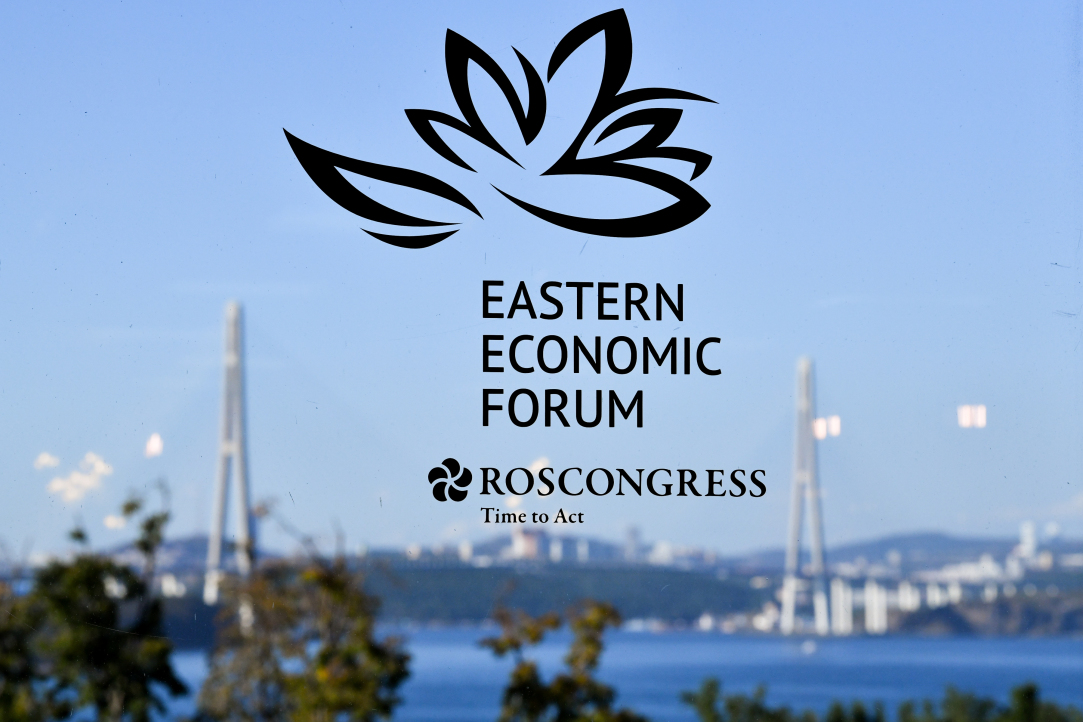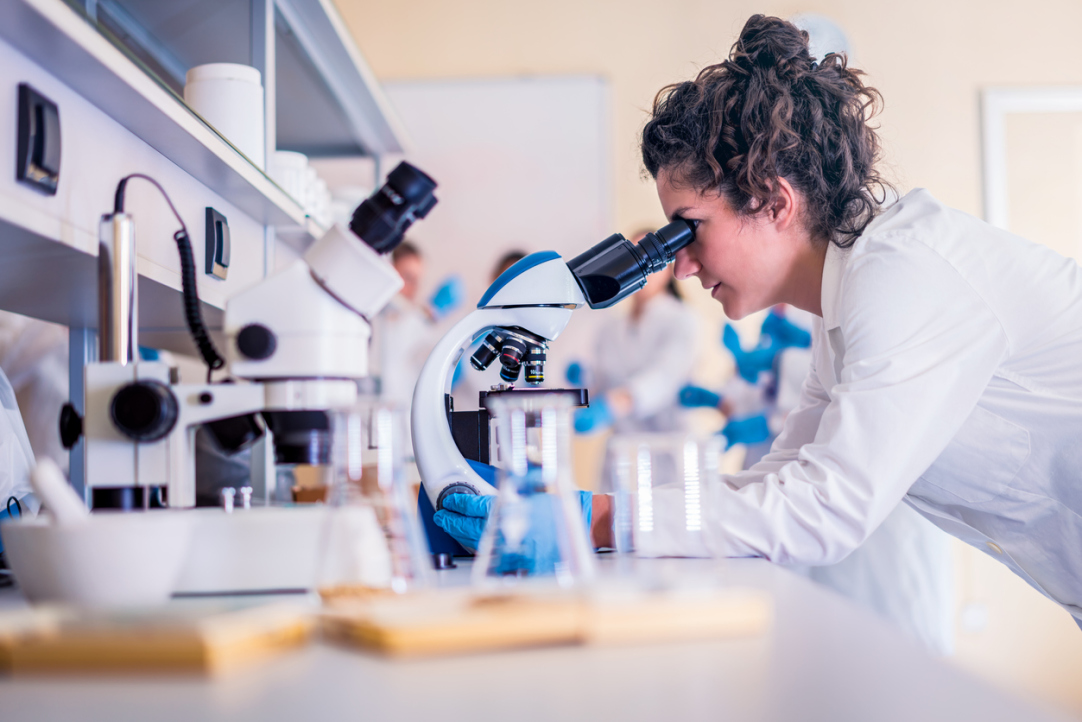
Researchers Confirm Correlation Between Education Expenditure and GDP Growth
HSE University researchers have analyzed the economic performance of almost a hundred countries to understand whether government investment in education pays off. The economists explain what kind of recommendations may be offered to governments—and how they vary based on a country's level of development—in the Voprosy Statistiki journal

HSE Rector: Universities Should Create New Educational and Research Products and Expand Human Capital
How should the universities of the Asia-Pacific region develop in the digital era, what challenges does the Russian labour market face, and what are the prospects of the Far East and Arctic region? These were some of the topics discussed during the first day of the Eastern Economic Forum, which featured the participation of HSE Rector Nikita Anisimov and other HSE University experts.

Student Research Paper Competition 2021 Kicks Off at HSE University
The annual HSE Student Research Paper Competition (SRPC) helps young researchers try their hand in a real academic competition, where leading experts and professionals from HSE University assess their research papers. This year, participation will be open from September 1 to October 15.

HSE Scholars Determine Tsar Boris Godunov’s Exact Date of Birth
HSE University researchers Feodor Uspenskij and Anna Litvina studied the notes of Georg Tectander, a diplomat of the Holy Roman Empire, and discovered the exact date of birth of Tsar Boris Godunov: August 2 (Julian calendar) or August 12 (Gregorian calendar). The scholars then verified and confirmed this date with other 17th-century sources. The results of the study are presented in a paper published in the Studi Slavistici journal (Florence, Italy), and in a follow-up paper to be published by the same journal at the end of the year.

Businesses Benefit from Board Members’ Diverse Experiences
HSE researchers have assessed the influence of board members’ work experience diversity on a company’s economic performance. Who makes a better board member—company veterans or outsiders? Their findings have been published in the Russian Management Journal.

Russian Researchers Obtain New Data on Solar Magnetic Field Asymmetry
Researchers from the Institute of Earthquake Prediction Theory and Mathematical Geophysics (Russian Academy of Science) and HSE University have proven that asymmetry between meridional flows in the northern and southern hemispheres of the Sun depends on the anomalies of the solar magnetic field. Research undertaken by Elena Blanter and Mikhail Snirman reveals new aspects of the importance of solar magnetic field asymmetry for predicting the anomalies of the Sun’s activity. The article has been published in Solar Physics.

HSE University Invites Leading Researchers to Experimental Research Laboratory Competition
HSE University has announced an open project competition to create experimental research laboratories in the natural sciences. The competition is open to research projects in the fields of biophotonics and ageing (biology, physiology, biomedicine, biostatistics, and bioinformatics.)

HSE Researchers Compare Expressive and Receptive Language Abilities of Russian-speaking Children with ASD for the First Time
Researchers from the HSE Centre for Language and Brain and their Russian and American colleagues have become the first to compare expressive and receptive language abilities of Russian children with Autism Spectrum Disorder (ASD) at different linguistic levels. Their work helped them refute the hypothesis that children with ASD understand spoken language less well than they produce it. The study was published in Research in Developmental Disabilities.

Creative Industries in Russia
Russia has 3.5 million people in creative occupations and 2.7 million employed by creative industries. IQ.HSE used data by the HSE Institute for Statistical Studies and Economics of Knowledge (ISSEK) to see how much these two figures overlap and how creative employment is different from creativity. Having assessed Moscow's creative economy, the experts have broadened their scope to Russia at large. The findings are published in the inaugural digest of the Human Capital Multidisciplinary Research Centre.

Research Shows That Creative Workers Are Motivated by Money and Social Guarantees More Than Artistry
Creators are also part of the job sector. Their work is increasingly oriented around commercial activities and in the pursuit of economic goals. As such, the organization of artists’ professional work and the motivations behind it are by no means unique. Rather, they straddle the line between ‘aesthetic’ and ‘market’ concerns.

